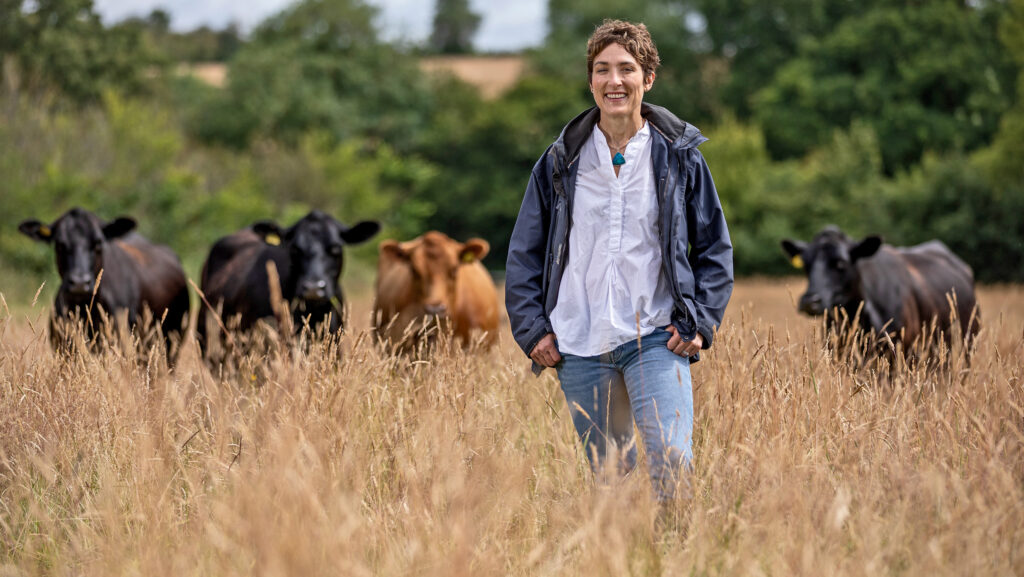Game Changers – Amy Jackson, farming media campaigner
 © Richard Stanton
© Richard Stanton Straight-talking Amy Jackson has built a well-deserved reputation for being the person to turn to when farming faces a crisis.
Whether it is setting the record straight on animal welfare or explaining hard-to-grasp issues to an often confused public, she has successfully advised some of UK agriculture’s biggest organisations – as well as farmers themselves.
With more than 25 years as a public relations consultant, crisis management has always been part of the mix. But it was plans for an 8,100-cow dairy in rural Lincolnshire that saw Amy focus on ways get the right message across in the first place.
“I was sitting in a supermarket car park listening to the radio. They were talking about how awful it would be and people were taking positions based on incorrect evidence and with no proper insight. I was incensed at the lack of balance.”
At a glance: Amy Jackson, Oxtale PR, Oxfordshire
- Reputation management in agriculture
- Bringing balance to controversial issues
- Shaping behavioural change in farming
What is a Game Changer?

This unique category – created to mark the 20th anniversary of the Farmers Weekly Awards – recognises individuals who have driven innovation that has had a positive impact on food and farming in the past 20 years.
Nominees might be professionals, academics, scientists, researchers, environmentalists, or anyone else making significant contributions to the agricultural industry.
To find out more go to Game Changers on our Awards website.
Standing up
Amy picked up the phone to the farmers behind the “mega-dairy”. Offering her services for free, she embarked on a media campaign to set the record straight – explaining to anyone willing to listen why big didn’t necessarily mean bad.
That was in 2010. The “mega-dairy” proposal was eventually withdrawn. But not before Amy had established herself as someone willing to put her head above the parapet and defend UK agriculture using evidence rather than empty rhetoric.
“The greatest barrier to these types of farms is not technical capability – it’s social acceptability,” she later wrote, “based on conflict with a long-accepted vision of what farming is about and should deliver”.
It is this belief which has since shaped Amy’s approach to behavioural change and crisis management within agriculture. Instead of walking away from difficult issues, farming needs to engage, introduce balance to the debate and explain itself better.
Changing practices
But, she adds, the industry also needs to accept that people will still find some farming practices unacceptable – even if they are backed by science. This means farming must be prepared to change, too.
It’s an approach which is paying dividends. Recent successes have seen the UK agricultural industry praised for the way it is reducing the use of antibiotics in livestock production – rather than being castigated for using antibiotics in the first place.
This has included international accolades for the Responsible Use of Medicines in Agriculture (Ruma) alliance for a cross-sector collaboration that has seen vets and farmers work together to tackle antibiotics resistance.
“The discussion really has moved on from ‘who is to blame’, to ‘what can we do?’,” she says. “It shows you can change the debate by pulling together, being accountable and being prepared to change. In-fighting doesn’t look good from the outside.”
A word from our sponsor 
Lightsource bp is an international solar business.
Our long-running relationship with farmers and the UK farming industry, and our commitment to bolstering the rural economy is why Game Changers is such a good fit for our business – we’re proud to be sponsoring an award celebrating the pioneers of the sector.

